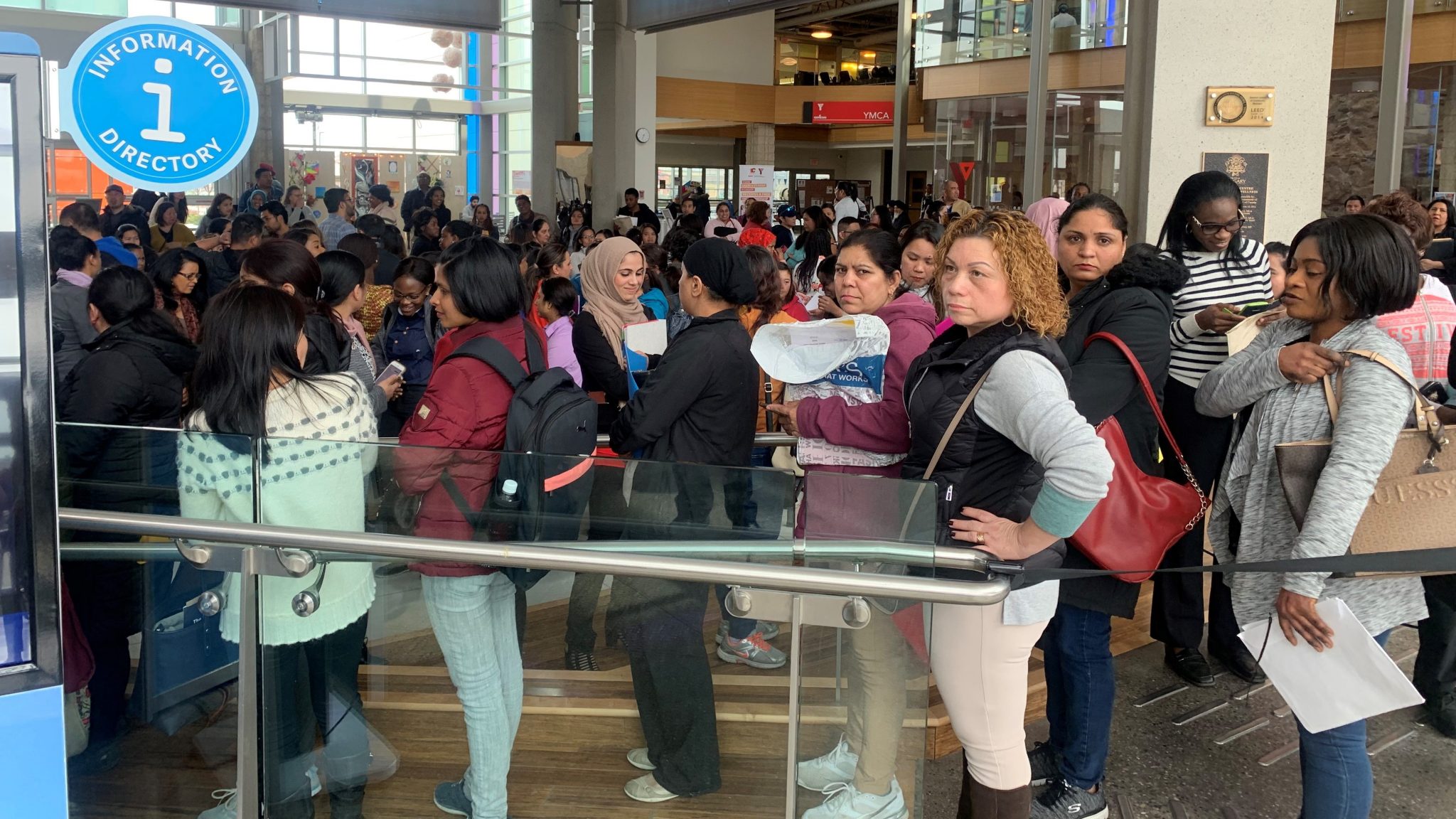By Lara Croll
Earlier this week, BC Care Providers Association (BCCPA) issued a news release exposing the unfair labour practices that the Province of British Columbia is imposing on health care assistants. BCCPA contends that the provincial government, through the BC Care Aide and Community Health Worker Registry, is imposing undue restrictions on the right of Alberta care aides to practice their trade in our province, and therefore contravening the New West Partnership Trade Agreement (NWPTA). BCCPA notes that the current policy is exacerbating the severe staffing crisis facing several regions of the province.
Currently, all Canadian-trained Health Care Assistants (HCAs) are required to have their credentials assessed before they are eligible for employment in B.C.’s health care sector. This requirement, which originally only applied to international workers, was expanded by the BC Care Aide and Community Health Worker Registry to include Canadian care aides in January 2018. Now, care aides are required to pay $800 for the examination, as well as cover the cost of accommodation and travel to Vancouver – the only location that offers the testing.
BCCPA believes that this policy is in contravention of Canadian trade agreements. The labour mobility provisions of the New West Partnership Trade Agreement (NWPTA), as well as the Canadian Free Trade Agreement (CFTA), require that certified workers be able to practice their occupation in another province without having to undergo significant additional training, work experience, examination or assessment [i], [ii].
Few could argue that the current process doesn’t impose additional training on workers. Currently, only 1% of applicants are permitted to proceed to direct registration and begin working immediately, while the remaining 99% are required to complete additional courses and training [iii]. While the extent of training varies, as many of 50% of applicants are referred to multi-week training programs, which can cost upwards of $4,500 [iv]. Even those workers who perform well on the assessment may be required to pay several hundred dollars for individual courses, delaying employment for several weeks.
With most workers facing significant barriers, BCCPA contends that the provincial policy is deterring qualified workers from practicing their profession, thus exacerbating existing labour shortages in the province. In fact, the B.C. Ministry of Health reports that since the provincial assessment process was implemented in January 2018, only 23% of Canadian applicants have successfully completed the registration process [v].
These revealing statistics form the basis of BCCPA’s complaint under the NWPTA. While the labour mobility provisions of the NWPTA apply to all four western provinces, BCCPA’s dispute centres on Alberta-trained care aides. This is because both B.C. and Alberta have developed provincial curricula for care aides and established provincial registries to ensure that HCAs have the training and education to care for vulnerable seniors. Given that education standards are comparable, this is no legitimate reason why fully-trained care aides from Alberta with a clear criminal records check should not be eligible to work for B.C.’s publicly funded care providers.
Fortunately, solutions are available. The most straight forward course-of-action would be to simply allow fully-trained care aides from Alberta to register in B.C. without further impediment. This approach would immediately help to address the shortage of care aides in B.C.’s interior, where many frail elderly seniors are at risk of not receiving the care that they need due to staffing shortages.
Another approach under consideration is employer-based assessments. A care aide’s skills and training could be evaluated by a certified local employer based on a competency assessment profile. Such approaches are already being utilized in Alberta [vi], and would address the regional inaccessible of our current training system, which presents a barrier for HCAs living outside of Metro Vancouver.
Regardless of which approach is chosen, BCCPA remains committed to working with the provincial government and BC Care Aide and Community Health Worker Registry to find solutions that will both maintain B.C.’s high educational standards, while also meeting the staffing needs of care providers. Given the critical workforce shortages currently being experience in B.C.’s interior, it is clear that immediate action is required to ensure that frail and elderly seniors receive the care that they need.
END NOTES
[i] Government of British Columbia. 2019. “New West Partnership Trade Agreement.” Accessed 05 13, 2019. http://www.newwestpartnershiptrade.ca/pdf/NWPTA_Jan_1_2019.pdf.
[ii] Government of Canada. 2017. Canadian Free Trade Agreement: Consolidated Version. Winnipeg: Government of Canada, Internal Trade Secretariat. https://www.cfta-alec.ca/canadian-free-trade-agreement/.
[iii] BC Care Aide and Community Health Worker Registry. 2018. Registry Report – HCA Education Standards Committee. Burnaby: CACHWR.
[iv] BC Care Providers Association. 2019. NCAS 101: Why only one-percent of HCAs pass. June 19. https://bccare.ca/2019/06/ncas-101-why-only-one-percent-of-hcas-pass/
[v] British Columbia, Debates of the Legislative Assembly, Hansard, 40th Parl, 4th Sess, (14 May 2019) at 1110 (Hon. A Dix).
[vi] Government of Alberta. 2017. “Health Care Aide (HCA) Competency Assessment Profile (CAP).” Alberta HCA Directory. March 1. Accessed June 19, 2019. https://www.albertahcadirectory.com/wp-content/uploads/2015/09/CAP-Tool-Final-Mar-2017.pdf





